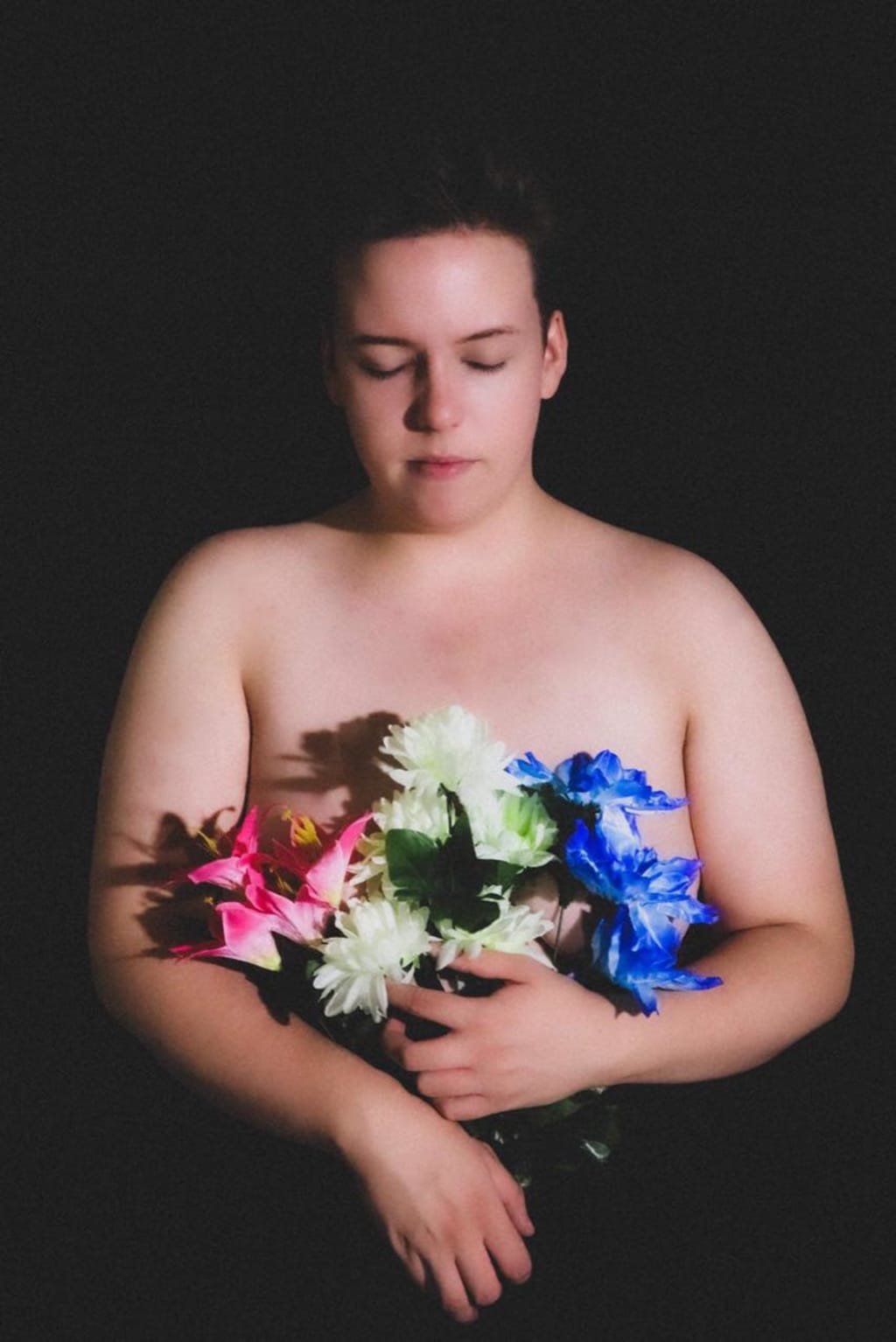Affirmation In A Time Of Uncertainty
Healing In Isolation

While COVID19 rampages the globe, I lay in my hospital bed, for reasons you might least expect.
I am transgender, and decided to have an affirmation procedure, finally being able to afford it after years of planning, bureaucratic gymnastics and budgeting. I have undergone one of the most important milestones of my life in some of the most uncertain circumstances; especially regarding public health. What I am certain of is that I have made the right decision for myself. However, there are many who are now unable to, and only given how expensive it is.
This week, the Australian Government postponed 'elective'; surgeries indefinitely; and that includes affirmation surgeries. I was preparing for that dreaded cancellation message, given the COVID19 outbreak and had prepared an overnight bag for the psychiatric hospital. You read that right. These surgeries, which many transgender people require to treat dysphoria and other illnesses are quite literally life saving. Those who have had their procedures postponed are in an incredibly difficult headspace, and I feel their grief viscerally.
My reconstructive affirmation procedure removed breast tissue and masculinised the contour of my body; treating dysphoria and sculpting me an expensive torso. This is commonly known as 'top surgery', which many transmasculine and gender diverse people undergo. The language we use is imperative to accurate representation of transgender and gender diverse people.The older terms like 'sex change' and 'gender reassignment surgery' have been denounced as inaccurate and even offensive, lending way to more informed terminology such as 'affirmation surgery'. Also, it is important to understand that not all transgender and gender diverse people experience dysphoria and that not all of us will undergo surgeries, or decide to take hormones for that matter. We have the right to express ourselves on our own terms.
Personally, my decision to undergo 'transition' was simply about defining myself on my own terms; everyone, transgender or not should do this. This included surgery, hormone treatment and less monumental decisions like updating my wardrobe, and getting connected with my community. When I woke up from surgery, I first noticed pain. Then, after the nurse had I have felt serene without dysphoria. I am free of it, as far as I know. This process has been, and continues to be holistic to my wellbeing and I look forward to publicly funded procedures for those who need them. This is not the only important factor to transgender wellbeing, however.
With Transgender Day of Visibility approaching on the 31 March, language and visibility is not enough to support an unfairly marginalised people; even within the LGBTQIA+ community itself. We have been dehumanised by regressive politics, ravenous journalists and treated unjustly in public life and at the mercy of the law.
I have the luxury of living in my family home, with my parents taking care of me. The community crowdfunded my recovery expenses when my previous workplace would not afford me paid leave. While I have since been made redundant, I am blessed to rest and to envision my ideal career. I get to join in on the quarantine livestreams, and have already finished Season 1 of 'Everything's Gonna Be Okay' by Josh Thomas, creator of Please Like Me. I could get used to the house husband life...minus the husband.
Nevertheless, I was affirmed in an uncertain time, and for that I am grateful.
FB//IG//TW @johnevalk
Further Reading:
Standards of Care, The Australian Professional Association for Transgender Health (AusPATH), (2020)
https://auspath.org/standards-of-care/
Australian Psychological Society Recommends Mental Health Practices that Affirm Transgender People's Experiences, Australian Psychological Society (2014)
https://www.psychology.org.au/getmedia/00cd6bab-650a-431b-bc67-fdfb69729b83/Info-Sheet-Transgender-affirmation-extended-version.pdf
Reduction in Mental Health Treatment Utilisation Among Transgender Individuals After Gender-Affirming Surgeries: A Total Population Study, Richard Bränström, Ph.D., John E Pachankis, Ph.D. (2019)
https://ajp.psychiatryonline.org/doi/10.1176/appi.ajp.2019.19010080






Comments
There are no comments for this story
Be the first to respond and start the conversation.